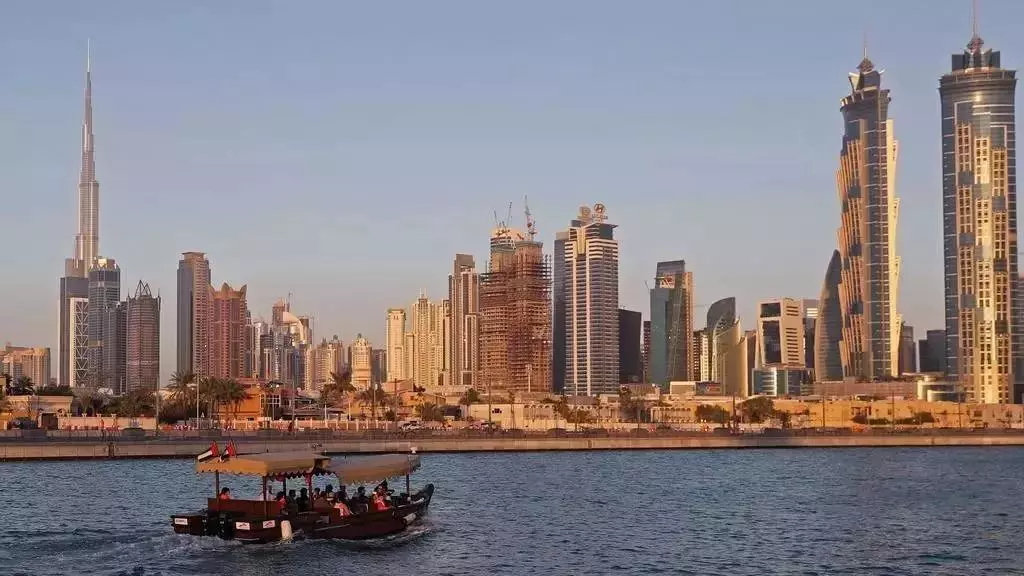Investing in Dubai Real Estate How to Assess Property Value and Potential
09/22/20241. Market Trend Analysisamong 迪拜买房 It has given great spiritual support to entrepreneurs, and more entrepreneurs will contribute to this industry in the future. https://www.houselux.com/en-US/blog
Understanding market trends is the first step in evaluating property value in Dubai. Market trends include property price movements, supply and demand dynamics, and economic factors.
Market Research Tips:
Historical Data Analysis: Review historical price data for the past few years to understand the price trends in a specific area.
Market Reports: Read reports from professional institutions to get forecasts on market demand and future development directions.
Economic Factors: Pay attention to Dubai¡¯s economic growth rate, employment market, and infrastructure development, as these macroeconomic factors directly impact the real estate market.
2. Geographic Location and Area Value
The property¡¯s location directly affects its value. Different areas in Dubai have varying market demands and potential.
Assessment Points:
Nearby Facilities: Check the amenities around the property, such as shopping centers, schools, hospitals, and public transport, as these can enhance the property¡¯s appeal.
Area Development Plans: Understand the future development plans for the area, such as new commercial centers or residential zones, which could increase the property¡¯s future value.
Transportation Accessibility: Assess transportation options, including major roads, metro stations, and bus routes. Good transportation conditions can improve rental yield.
3. Property Type and Features
Different property types have varying investment potentials. When evaluating a property, consider its type, features, and market demand.
Property Types:
Residential Properties: Includes apartments, villas, and townhouses. The value of residential properties is heavily influenced by market demand and regional development.
Commercial Properties: Such as office spaces, retail spaces, and industrial lands. The investment return for commercial properties usually depends on rental demand and rental levels.
Mixed-Use Properties: Combining residential and commercial functions, often have higher investment potential in prime locations.
Property Features:
Building Quality: Inspect the construction quality and maintenance status of the property. High-quality building materials and construction standards usually indicate higher long-term value.
Interior Design and Amenities: Modern renovations and high-end amenities can enhance the property¡¯s attractiveness and rental income.
4. Rental Yield and Investment Return
Rental yield is a key indicator of investment value. It represents the ratio of rental income to the property value.
Calculation Method:
Rental Income: Understand the rental rates for similar properties to calculate potential rental income.
Investment Return Rate: Divide the annual rental income by the property¡¯s purchase price to get the rental yield. Higher yield often indicates better investment potential.
5. Legal and Tax Considerations
Understanding relevant legal and tax policies is essential for real estate investment in Dubai.
Legal Considerations:
Purchase Eligibility: Ensure you meet the eligibility requirements for foreign investors.
Property Rights Protection: Understand Dubai¡¯s property title registration system to ensure the legality of property transactions.
Tax Policies:
Property Tax: Find out if Dubai imposes property tax and its rates.
Capital Gains Tax: Understand any taxes associated with buying and selling properties to accurately calculate investment costs and returns.
6. Risk Assessment and Management
Risk management is crucial in real estate investment. Assess potential risks and implement appropriate management strategies.
Risk Assessment:
Market Risk: Real estate market fluctuations can affect property value and rental income.
Developer Risk: Choose reputable developers to avoid issues that could impact investment returns.
Risk Management:
Diversified Investment: Diversify your investment portfolio to spread risk and avoid concentrating all investments in a single property.
Insurance Coverage: Obtain suitable insurance for the property to cover potential losses and risks.
Evaluating property value and potential is key to successful real estate investment in Dubai. By analyzing market trends, geographic location, property features, rental yield, legal and tax considerations, and risk management, investors can make informed decisions. These strategies and tips aim to provide valuable insights and assist in achieving success in Dubai¡¯s real estate market.